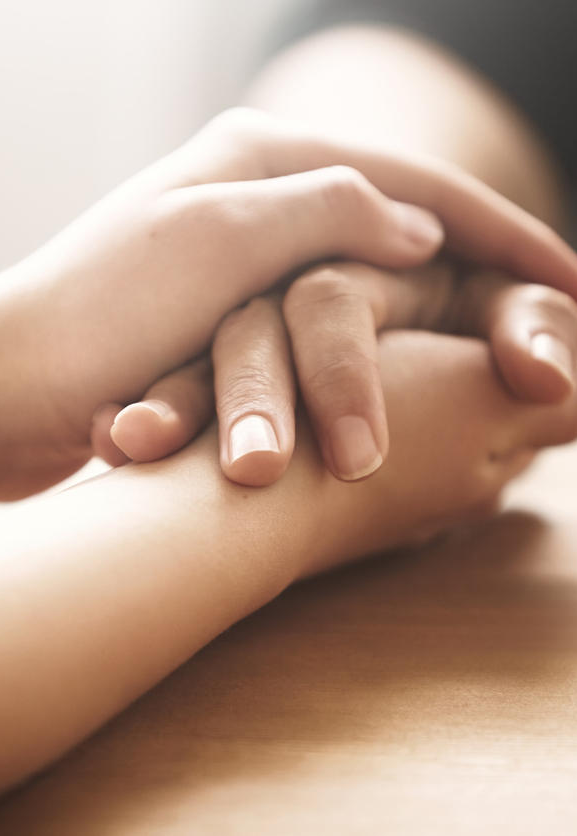Grief & Loss Counseling
Working through the difficult periods in life which cause anguish, distress and pain
Dealing with Loss
There are some predictable stages that most people pass through after losing something or someone important. In her work on death and dying, Elisabeth Kübler-Ross outlined five stages of grieving.
Shock and Denial: The first reaction to loss is often the inability to feel anything. This may include feeling numb, weak, overwhelmed, anxious, not yourself, or withdrawn.
Anger: Blaming yourself or others for the loss.
Bargaining: “If you’ll just let him live, I promise to…for the rest of my life”
Depression: Feeling deep sadness, disturbed sleep and eating patterns, thoughts of suicide, excessive crying
Acceptance: Beginning to look for the lessons of the experience
The grieving process involves experiencing all five stages, although not always in this order. People often cycle back and forth through a number of the stages before coming to the stage of acceptance.

Kinds of Losses
Loss of a person through death
Divorce
Job Loss
Loss of your good health when you are diagnosed with a disease
Loss of a body part through accident or surgery
Loss of ability, such as blindness
Loss of a friend who has moved
Loss of everything familiar when you move away
Loss of a pet

Grief as a Process of Healing
It is important to note that the grief process is not linear, but is more often experienced in cycles. Grief is sometimes compared to climbing a spiral staircase where things can look and feel like you are just going in circles, yet you are actually making progress. Being patient with the process and allowing yourself to have any feelings about the loss can help. There is no predictable schedule for grief. Although it can be quite painful at times, the grief process should not be rushed. It is important to be patient with yourself as you experience your unique reactions to the loss. With time and support, things generally do get better. However, it is normal for significant dates, holidays, or other reminders to trigger feelings related to the loss. Taking care of yourself, seeking support, and acknowledging your feelings during these times are ways that can help you cope.
Get in Touch
Let’s discuss your specific needs and oportunities for you to find peace. You don’t have to suffer alone.
